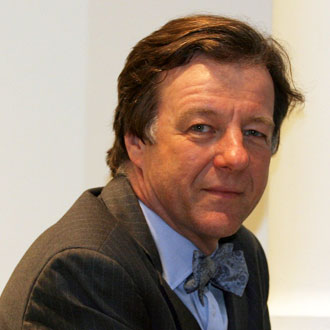Commissioning leaders have called on the Government to increase primary care funding to 10% of the total NHS budget, from the estimated 7.5% share currently given.
The NHS Alliance report published this week – Think Big, Act Now: Creating a Community of Care – said that additional funding and support is needed if primary care is to develop successfully ‘at scale’.
The group has called for the introduction of a ‘General Practice Development Fund’ – funding above the 10% share of the total NHS budget it recommends – to be administered by CCGs and used to ‘kick-start’ the process of transformation, which it says will involve GP practices working together to survive.
The report estimated that the ‘general practice share of the NHS budget has reduced from 10% to 7.5% between 2005/06 and 2012/13’, despite its estimate that ‘approximately 80% of all contact with health services in the UK involves primary care’.
It added: ‘We believe it needs to return to its previous 10% within the next three years, during which time a new financial model can be developed which works across primary and secondary care.’
Dr Mike Dixon, chair of NHS Alliance, told Pulse that the money in the General Practice Development Fund would be in addition to the 10% of total NHS funding allocated in general practice, and should be made accessible to clinicians in all arenas of primary care, including community pharmacists and third-sector organisations.
He said: ‘You can’t do all the things we need primary care to do unless you invest: you have to invest to save. We needs funds and support from CCGs: it means more money going into primary care, but we know primary care is the answer to hospital care so it makes sense.’
In addition to highlighting the need for more funding, the report’s authors called for a ‘fundamental shift in thinking… by all who interact with the health service’.
The report said that primary care clinicians should be willing to consider ‘radical’ ways of funding extended primary care that would ‘enable practices to work together, for instance as co-operatives or integrated care organisations’.
The group also wants to address the ‘medicalisation’ of social issues often encountered by GPs by reinstating traditional senior community nursing roles and creating new ‘community healthcare connectors’ – GPs or nurses whose role it would be to take responsibility for local healthcare over populations of 30,000 to 70,000 people.
Dr Dixon said that while he accepted the measures would need substantial resourcing, such investment was necessary if morale was to be restored in general practice.
He added: ‘General practice is currently working 14-hour days and generally feeling battered and not respected. But if practices were to work together, with populations of 50-100k, primary care could actually begin to do some fairly dramatic things in terms of improving local health.
‘We can get out of this mess, but we do need a bit of support to do so.’
Pulse July survey
Take our July 2025 survey to potentially win £1.000 worth of tokens





 Oviva’s fully remote Tier 3 Weight Management programme
Oviva’s fully remote Tier 3 Weight Management programme






